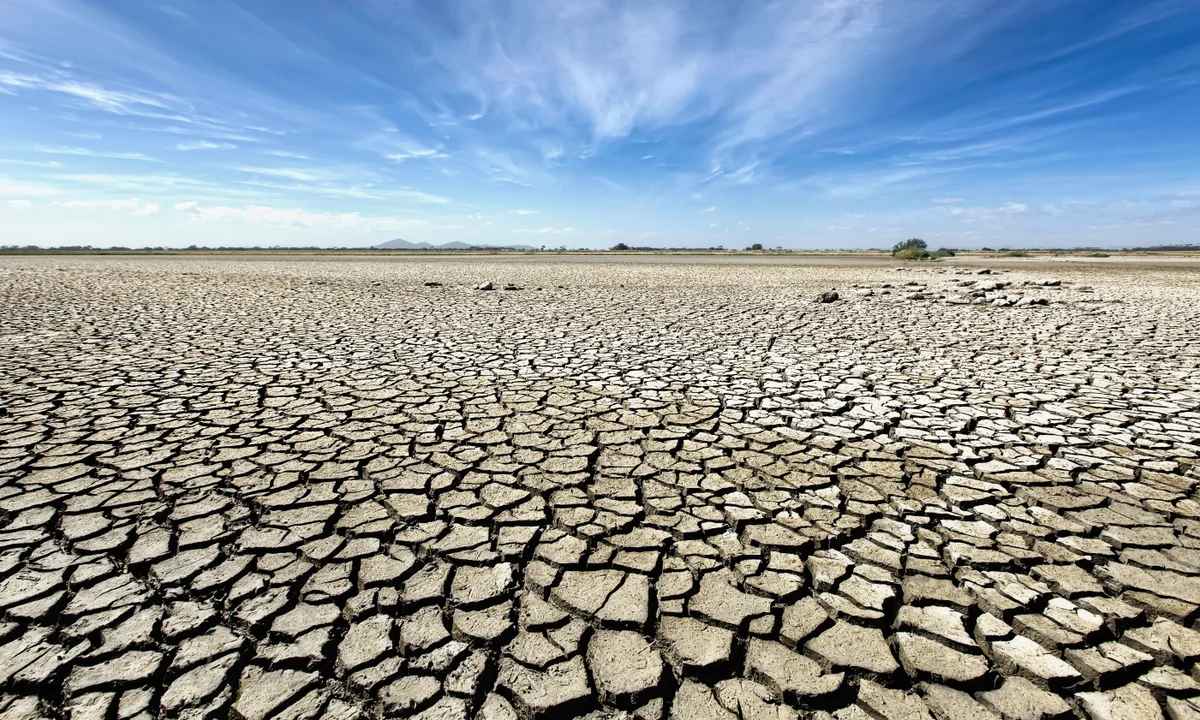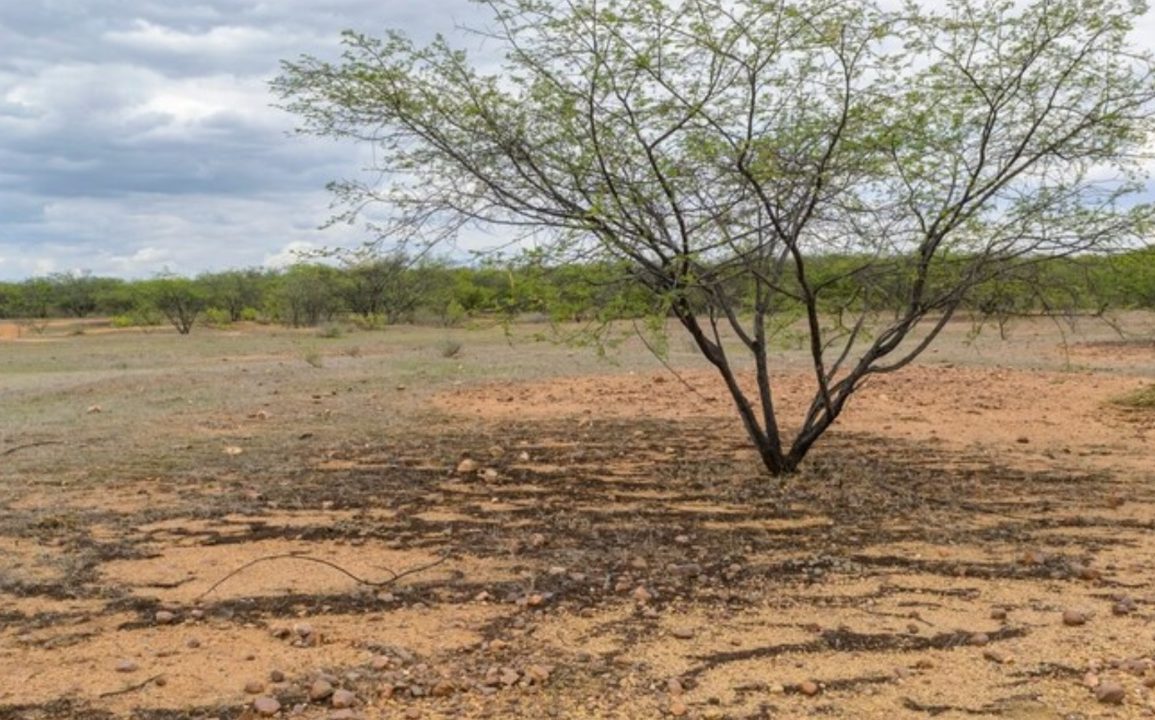The Saudi Arabian government has urgently highlighted the need to address the degradation of the world’s soils and landscapes, which poses a significant threat to human life. According to the deputy environment minister, this neglect of land is costing the global economy trillions of dollars, impacting agricultural production, disrupting water supplies, and contributing to malnutrition among children, while also destroying essential ecosystems. This situation demands immediate and comprehensive action.
In December, Riyadh will host a global summit focusing on land degradation and strategies for combatting it, as part of the Conference of the Parties (Cop) to the UN Convention on Combating Desertification (CCD). Traditionally, this conference receives less attention compared to other climate and biodiversity summits.
However, Saudi Arabia aims to bring significant global attention to land management issues by inviting senior officials and heads of government to discuss financial strategies and commitments to address these pressing challenges.
Osama Faqeeha, the deputy environment minister, emphasized that desertification is not limited to arid regions but is a universal issue affecting vulnerable lands worldwide. He stressed the importance of recognizing the connections between land management, water security, food security, biodiversity, and human health.

With over 2 billion hectares of land currently degraded and an annual cost of approximately $6 trillion, the situation is dire. Without prompt action, projections indicate that the affected land could triple by 2050.
The CCD was established in 1992 alongside the UN framework conventions on climate change and biodiversity. While the climate Cop meets annually and the biodiversity Cop occurs every two years, the CCD has often been less understood and attended. Faqeeha hopes this year’s conference will shed light on the importance of land degradation and promote strategies for effective land preservation, particularly as soil degradation has led to a decline in the nutritional quality of food.
Despite the clear interconnections between desertification and climate change, Saudi Arabia has shown reluctance to integrate climate issues into the CCD agenda. Harjeet Singh, a director at the Fossil Fuel Non-Proliferation Treaty Initiative, stressed that the intensifying effects of droughts and land degradation due to climate change must be central to the discussions in Riyadh. Saudi Arabia, as a leading oil producer, is expected to be cautious in linking its climate responsibilities to the conference.
Faqeeha insisted that this Cop focuses on global challenges and involves all participating countries equally. He emphasized the need for private sector investment to combat land degradation, noting that the conference will include representation from investors and business leaders.
Saudi Arabia has already initiated several restoration projects, such as the Saudi Green Initiative, which aims to restore 40 million hectares of degraded land by 2030. Faqeeha expressed hope that participating nations would commit to restoring degraded lands and enhancing land management practices to prevent further degradation.

